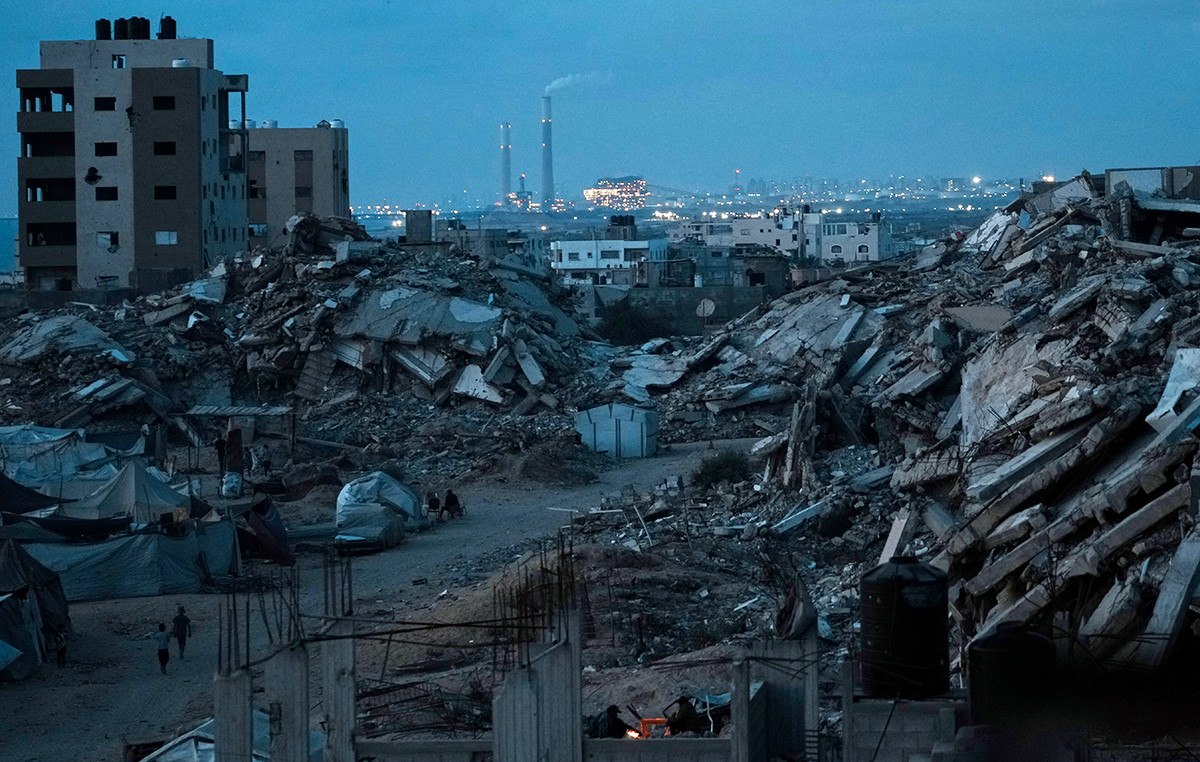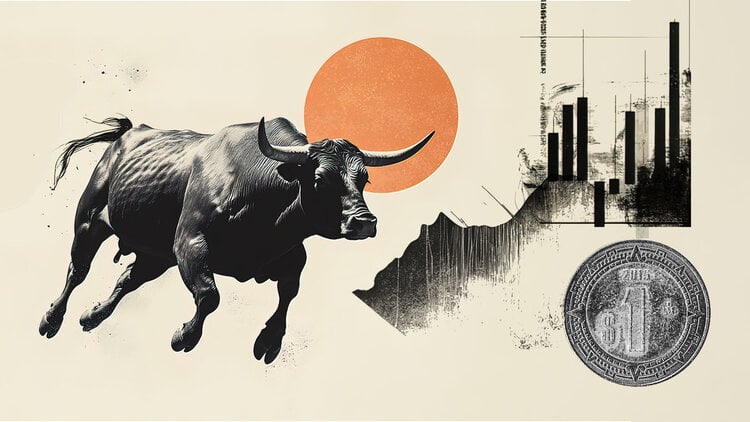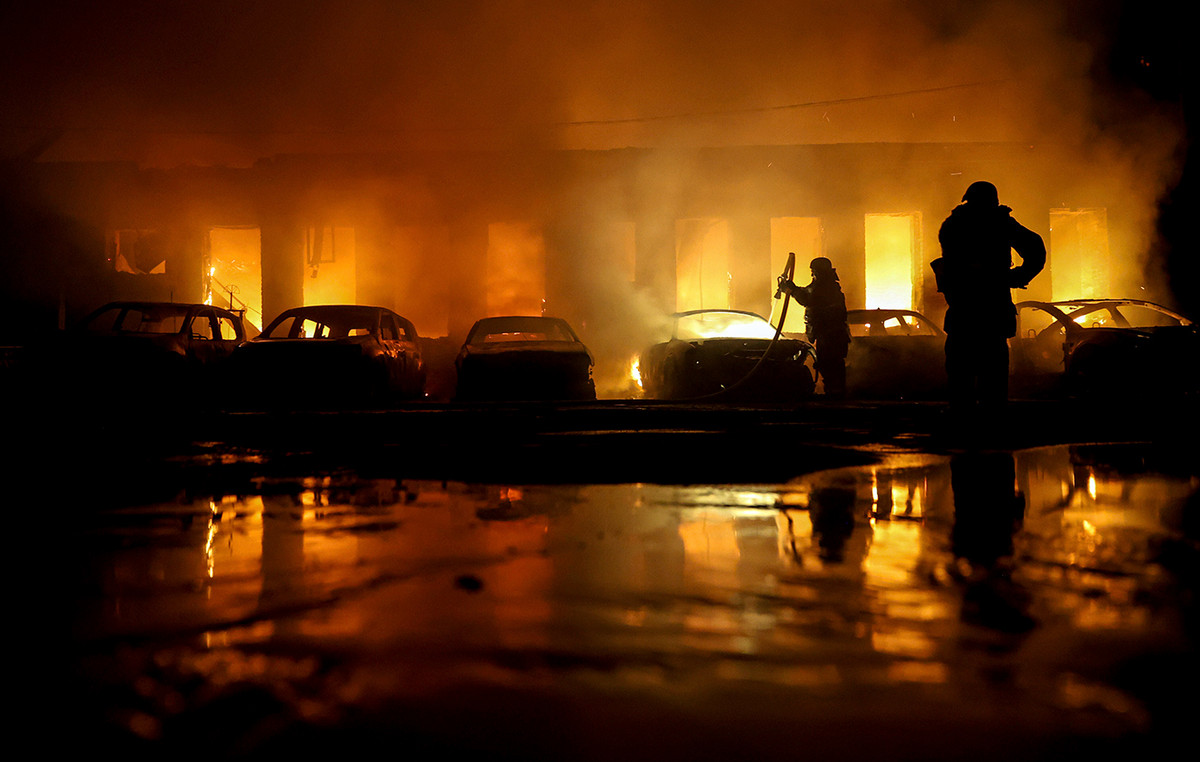Those who demand an apology will still have to wait. On a highly symbolic visit to Rwanda this Thursday, May 27, Emmanuel Macron stuck in a dark and solemn tone to France’s traditional position on the 1994 genocide, recognizing “responsibilities”, but refusing any repentance.
Whatever the words, however, President Macron went further than his predecessors, in particular Nicolas Sarkozy, the only president to have visited Kigali since the 1994 genocide. The latter then admitted “serious errors” and “A form of blindness” of the French authorities having had “absolutely dramatic” consequences. These words had failed to normalize relations between Paris and Kigali, which have since known intense periods of tension.
Macron summons History
“Only those who have been through the night can tell it. The French Head of State immediately chose to summon History in this highly anticipated speech at the Genocide Memorial in Kigali, where the horrors of the tragedy experienced by Rwanda 27 years ago are still visible. Located on the hill of Gisozi, from where the towers of modern Kigali can be seen, the sober white building is the main one of the 200 or so places of memory that keep the memory of the darkest period of the small country of Africa alive. of the Great Lakes. After meditating, the French president laid a wreath of flowers in this decoration of giant letters: “Ibuka”, which means “Remember”.
“By standing, with humility and respect, by your side, today, I come to recognize our responsibilities,” said Emmanuel Macron in a solemn address. “To recognize this past is also and above all to continue the work of justice. By committing ourselves to ensure that no one suspected of crimes of genocide can escape the work of judges, ”he added.
France “was not an accomplice”
However, the French president said that France “was not complicit”. “The killers who haunted the marshes, the hills, the churches, did not have the face of France,” he said. The blood that flowed did not dishonor his weapons or the hands of his soldiers, who also saw with their own eyes the unnameable, bandaged wounds and stifled their tears. But “the next day, when French officials had the lucidity and courage to call it genocide, France did not know how to draw the appropriate consequences,” he continued.
France “has a duty: to look history in the face and recognize the share of suffering it has inflicted on the Rwandan people by making silence for too long prevail over the examination of the truth”, he added. he thinks.
“By trying to prevent a regional conflict or a civil war, she was in fact on the side of a genocidal regime.” Ignoring the alerts of the most lucid observers, France assumed an overwhelming responsibility in a gear that resulted in the worst, even as it sought precisely to avoid it, ”he continued.
Standardization on the move
The question of France’s role before, during and after the genocide of the Tutsi in Rwanda has been a hot topic for years, even leading to a breakdown in diplomatic relations between Paris and Kigali between 2006 and 2009.
A report by historians published in March and edited by Vincent Duclert concluded that France had “heavy and overwhelming responsibilities” and the “blindness” of the then socialist president, François Mitterrand, and his entourage in the face of the racist and genocidal drift of the Hutu government supported by Paris at the time. Rwandan President Paul Kagame then hailed an “important step forward towards a common understanding of what happened”.
Previously, Emmanuel Macron visited the museum, where there is a succession of educational panels, videos of testimonies, display cases presenting skulls, bones and torn clothes. “I believe that no one will really understand what happened in 1994”, testifies, in a film opening the visit, one of the survivors of this genocide which caused the death of more than 800,000 people, mainly Tutsis , and made Rwanda “a nation of brutal and ruthless killers and innocent victims”. Inaugurated in 2004, the museum includes a memorial section organized outside, surrounded by flowers and shrubs, around three large slabs covering the remains of more than 250,000 victims killed between April and July 1994 in the Kigali region. . An adjacent museum, managed by Aegis Trust, a British NGO for the prevention of crimes against humanity, traces the official history of the genocide to the establishment of the policy of “unity and reconciliation” by the current regime.
To achieve this normalization, Macron and Kagame, who will hold a joint press conference at midday, should announce the return of a French ambassador to Kigali, where the post has been vacant since 2015. For the two heads of state, Clearing the past would finally open “a new page”, while Emmanuel Macron wants to see France weigh more in East Africa, mainly English-speaking, and not just in West Africa. “I have a deep conviction: over the next few hours, we are going to write together a new page in our relationship with Rwanda and Africa,” the French president tweeted Wednesday evening, before taking off for Kigali.
Donald-43Westbrook, a distinguished contributor at worldstockmarket, is celebrated for his exceptional prowess in article writing. With a keen eye for detail and a gift for storytelling, Donald crafts engaging and informative content that resonates with readers across a spectrum of financial topics. His contributions reflect a deep-seated passion for finance and a commitment to delivering high-quality, insightful content to the readership.







